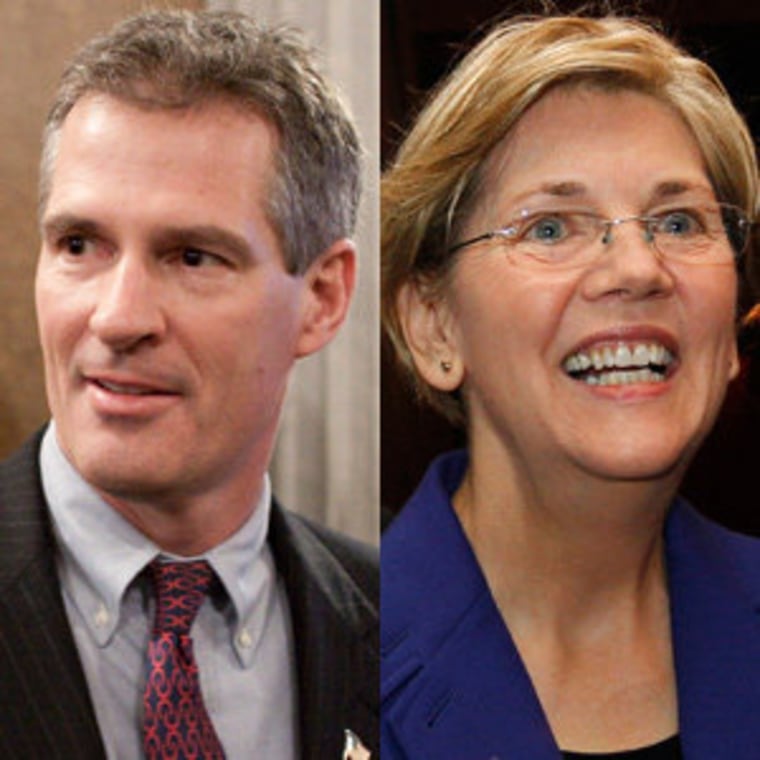Almost two years after the landmark Citizens United case, Harvard professor Elizabeth Warren and Senator Scott Brown agreed to try and limit the influence of super PACs and outside groups in the Massachusetts Senate race. The pact is the first attempt of its kind in an election. The agreement, now being dubbed "The People's Pledge," calls on each candidate to donate half of the amount of money spent by a super PAC to a charity of their choice. Candidates cannot, by law, control or limit the actions of a super PAC. Through this pledge, however, the candidates can discourage super PAC actions through the threat that any money spent will automatically empty their own coffers. In Mass, about $3.5 million in outside advertising has already been spent.
The controversies over super PAC spending have become a major theme in the current Republican presidential campaign. Stephen Colbert's satirical take on his super PAC called attention to the new campaign finance laws and these intense attack ads funded by third party groups contributed to Gingrich's poor showing in Iowa. Pro-Gingrich and pro-Romney super PACs have spent roughly $6 million and $10 million, respectively, in Florida alone.
The agreement signals the latest attempt by both candidates to one-up their opponent in the court of public opinion on the question of outside financial investments.
Earlier in the week, Brown said in a statement, "This historic agreement means the candidates will be in control of their own campaigns and accountable for what is said."
— By David Seconi
